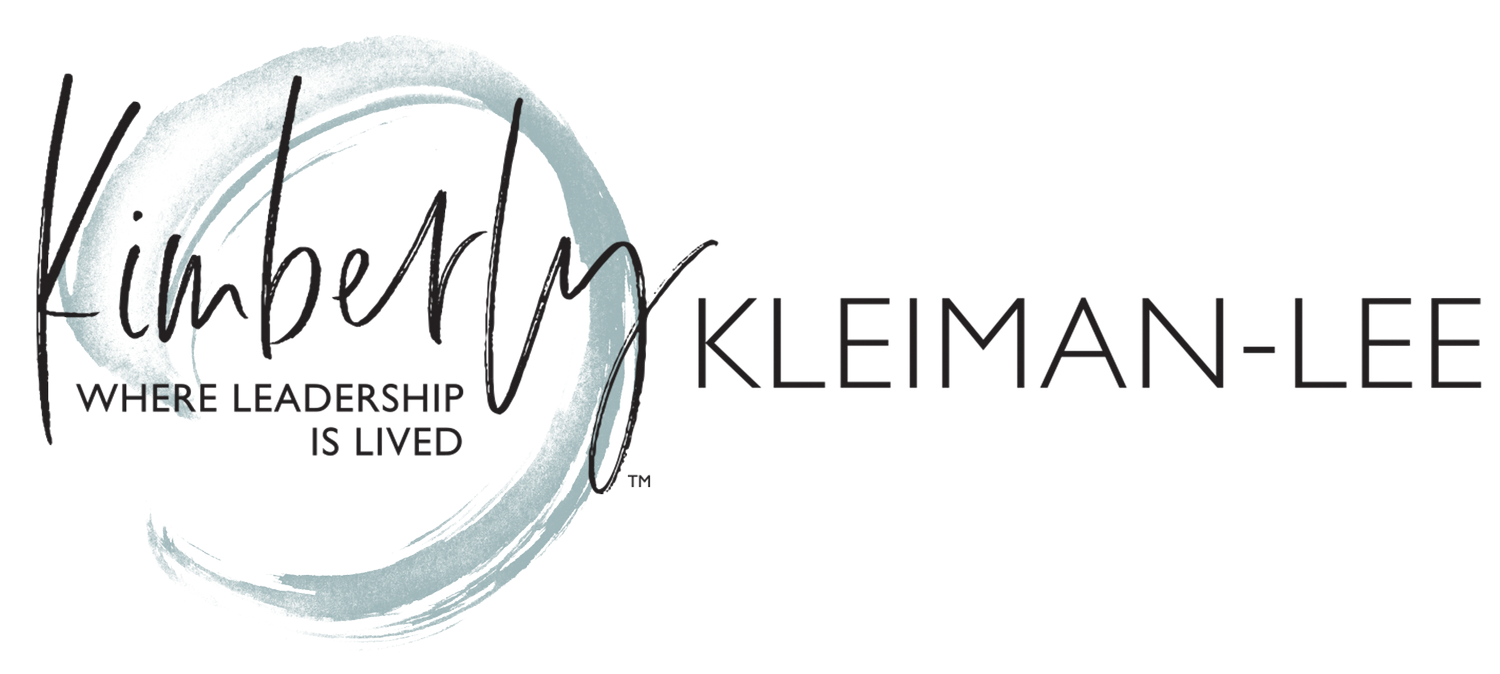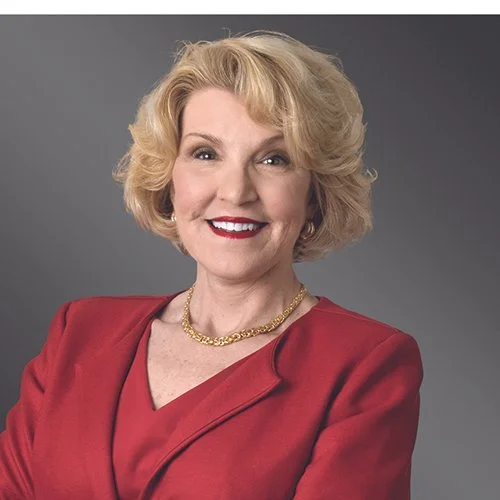When Election Politics Veers from Opinion to Offense
The staff break room typically has a chill vibe with stale donuts, packed refrigerators, and messy microwave innards. But as an important election grows near, someone has started electioneering by leaving pamphlets, buttons, and “get out the vote” notices in favor of a specific candidate. These materials are being left anonymously but when someone writes an expletive across the face of the promoted candidate, tempers flare. Although the poster was taken down and all other displayed materials removed, the office air is filled with tension. An “us vs. them" has surfaced, lines have been drawn, and productivity is beginning to suffer. You might not be on the ballot, but your staff has voted you most likely to offer a solution. It’s your time to lead.
Raise your emoji hand if you’ve ever been told to avoid discussing religion and politics because nothing good ever comes of it. This is sage advice for both a family gathering and the workplace water cooler. This guidance isn’t about stifling free speech or ignoring important topics. Convos involving governmental politics can evoke emotionally charged points of view. Not all humans of voting age are able to have mature conversations about complex topics with unlike minds. Humans are complicated and this is a tricky one. Consider this; get engaged, not because of the political divergence, but because the hard feelings are impacting work productivity. Silence, in this case, might not serve as a cooling off strategy. In fact, it might act as oxygen to the fire.
So much could go wrong for you here. Stay neutral. This isn’t about politics. You could tell the employee who displayed the materials in the break room to keep all political advertisements out of the office. You could also reprimand the employee who defaced the poster with the inappropriate expletive. Again, consult HR for the best way to handle those involved (eg: policy violation, a hostile work environment situation, etc.) Those dialogues, while necessary, are more transactional than transformational and might not address the greater concern at hand: your team’s ability to respectfully disagree, to get curious about opinions counter to their own, and to appropriately work through conflict with one another.
*Note: HR is your go-to for all that is human. Explain the situation (data, data, data) and heed their counsel. Each organization is governed by region laws, company norms, enterprise values, and powerful cultures. HR is best to guide you through yours.
In a country that evolved to extended election campaigns, it’s likely if not inevitable that a political joke or comment will make its way to your workplace. While it is wise to be silent when meandering near a dialogue on gerrymandering, as a People Leader who leads the team divided by recent events in the break room, you’d be wise to address the issue quickly and neutrally. Focus on why these humans are gathered in this space: work.
To the staffer who brought the political content to the staff room: “I respect your activism. I can see your commitment to this candidate and their platform. Given that we have a large and diverse group of co-workers, it’s probably wise to keep the common areas a space for discussion and not campaigning.”
To the graffiti artist: “I have a sense that you thought the campaign flyer was fair game since it was left in a shared space. Unfortunately, your edits to the poster fostered angst and hurt, not education and respectful dialogue. That approach will not be tolerated again and will never win votes for the opposition.”
To the entire team: [Call the team together for a brief 15-minute meeting.] “I have had a conversation with those involved in the recent events in the break room. While those conversations have resolved some short-term concerns, I feel we are facing a more substantial concern as a team and that is our ability to respectfully disagree, to get curious about opinions counter to our own, and to appropriately work through conflict with one another. This will not be the last time we will face a polarizing dialogue or difficult discussion. I can assure you that tough conversations are around the corner for us. What I’m not assured of is how we will handle those difficult moments. Will we take sides, move to corners, or shout at and dismiss one another? Or will we ask thoughtful questions, seek to understand, consider an alternative point of view, and approach topics with data and evidence. If we choose to keep our original opinion, will we agree to respectfully disagree and work toward a resolve that is best for our company, our customers, and our team? Please reflect on these questions. At our next team meeting, I will give the team 30 minutes to craft 5 “Rules of Conflict” describing the expectations we have of one another during disagreements. I will join the team after 30 minutes to hear what you have agreed to.”
“When approaching political conversations in the office Hopper said to follow these principles: don’t try to win, listen empathetically, learn what experience formed that opinion, be willing to learn and change your mind, and know when a discussion will not be productive. A ‘better argument’ is one in which all parties respect the humanity of others. So, there are instances in which a line must be drawn, and exchange cannot be productive.”
Caroline Hopper, Associate Director for the Aspen Institute’s Citizenship and American Identity Program
"We've got the 2024 election right around the corner. The talk is going to pick up again. You're going to get arguments in the workplace. All of this is becoming far more relevant because employees speak up more than they used to speak up."
Kelly Dobbs Bunting, attorney, Greenberg Traurig in Philadelphia
Don’t stop now! Learn more from a few of our personal favs below:
Disclosure: The resources shared and listed by KKL & Co. are those that have been evaluated to be of high value to our leaders. We are proud affiliates for some of these resources, meaning if you click a link and make a purchase, we earn a nominal commission at no extra cost to you. Please don’t spend any money on these resources unless you believe they will help you become a better human.











